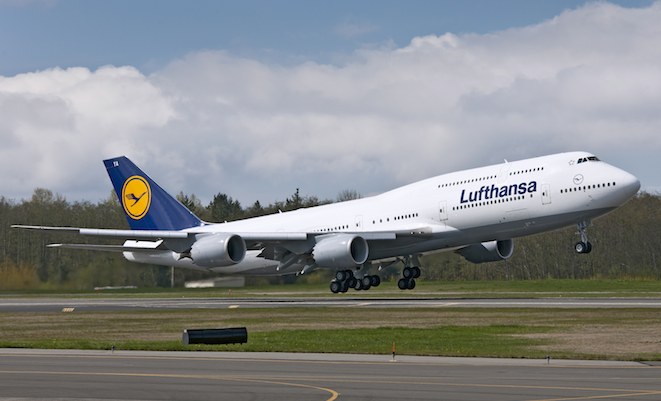
Airlines are already preparing for the “largest transport challenge ever” – shipping a future COVID-19 vaccine to populations all around the world – according to the IATA.
The International Air Transport Association (IATA) has said that the equivalent of 8,000 Boeing 747 jumbo jets will be required to quickly transport enough future COVID-19 vaccines to cover the whole human population.
Despite the fact that vaccines for the virus are still in developmental and experimental stages, the association has said that it is already in crucial discussions with airlines, airports, global health bodies and pharmaceutical companies about a future global airlift plan for the distribution of vaccines.
To date, it appears that distribution plans only account for one dose per person being required.
IATA chief executive Alexandre de Juniac said, “Safely delivering COVID-19 vaccines will be the mission of the century for the global air cargo industry. But it won’t happen without careful advance planning. And the time for that is now.”
Despite the fact that many airlines have shifted their focus towards freight delivery, not all will be appropriately suited for the delivery of vaccines unless provisions are made prior, said the IATA.
Planes utilised for the delivery of vaccines will need to be temperature controlled, with a typical requirement of between 2 and 8 degrees for the transportation of pharmaceuticals.
Some vaccines may require freezing temperatures, which would further limit aircraft choices.
“We know the procedures well. What we need to do is scale them up to the magnitude that will be required,” added Glyn Hughes, the IATA’s head of cargo.
Appropriate aircraft will be vital to transporting vaccines to certain parts of the world, including some areas of South East Asia, as these regions lack the capabilities to produce vaccines, Hughes added.
Efforts will likely also face difficulties. For example, the IATA said that distributing a vaccine across Africa today would be “impossible” given the lack of cargo capacity, size of the region, and the complexities of border crossings and restrictions.
As such, the association said that transportation efforts will need “almost military precision”, as they work across a network of locations where the vaccine will be created and stored.
The IATA has urged governments to begin planning now, to ensure that they are fully prepared once a vaccine is approved and available for distribution. Additional security measures will likely be required, for maximum effectiveness against the virus.
“Vaccines will be highly valuable commodities. Arrangements must be in place to ensure that shipments remain secure from tampering and theft,” added IATA.
Currently, there are about 140 different COVID-19 vaccines in early development, with around two dozen now being tested on humans in clinical trials.










